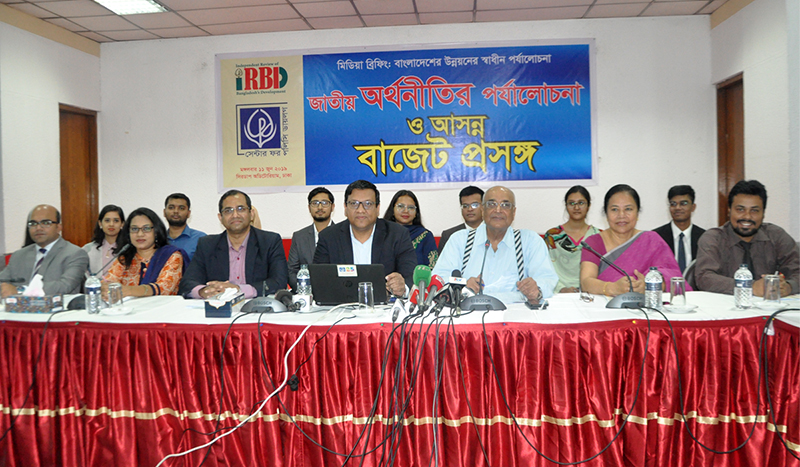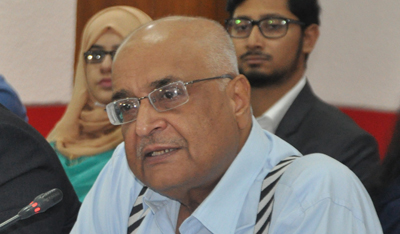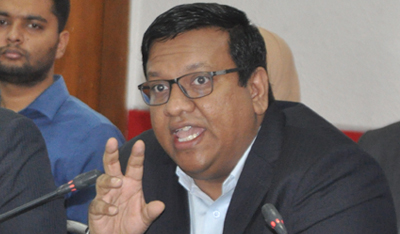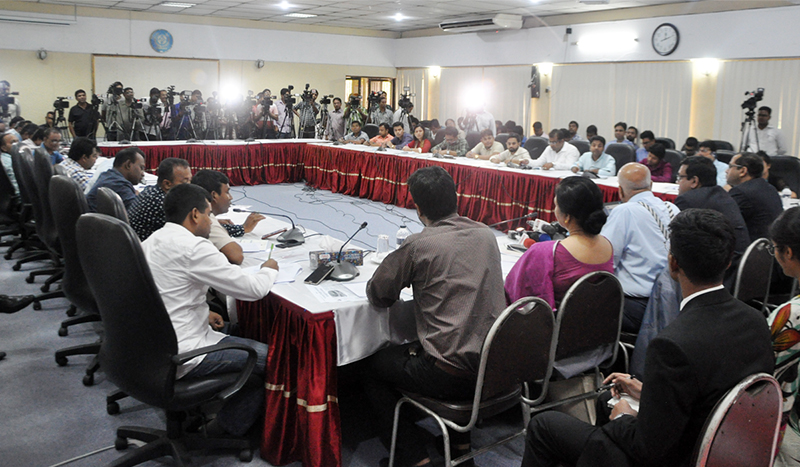
Centre for Policy Dialogue (CPD) identifies insufficient revenue mobilisation as the biggest challenge for Bangladesh’s development. The centre finds that the macroeconomy in the past one decade has been under immense pressure. With Bangladesh graduating from the Least Developed Countries (LDC) and shifting to a lower middle income country, consolidation of macroeconomic stability will be the key.
 Alongside proactive initiatives for significantly improving revenue mobilisation, recovering from the banking sector crisis and addressing the negative Balance of Payments (BoP) should be prioritised to attain the desired stability in Bangladesh’s macroeconomy. The new government should also work towards ensuring that the benefits of the robust growth are enjoyed by all. They should address the concern over lack of institutional governance with utmost seriousness.
Alongside proactive initiatives for significantly improving revenue mobilisation, recovering from the banking sector crisis and addressing the negative Balance of Payments (BoP) should be prioritised to attain the desired stability in Bangladesh’s macroeconomy. The new government should also work towards ensuring that the benefits of the robust growth are enjoyed by all. They should address the concern over lack of institutional governance with utmost seriousness.
These views were shared in a media briefing titled “State of the Bangladesh Economy and the Budget Challenges”, organised by the CPD on 11 June 2019 at the CIRDAP Auditorium, Dhaka. At the briefing session the keynote presentation was made by Mr Towfiqul Islam Khan, Senior Research Fellow, CPD. Dr Debapriya Bhattacharya, Distinguished Fellow, Dr Khondaker Golam Moazzem, Executive Director (a.i), and Ms Anisatul Fatema Yousuf, Director, Dialogue and Communication, among others, were present at the event.
Mr Khan said, total revenue mobilisation growth deteriorated from 11.2% during July-December FY19 compared to 16.5% during July-December FY18. CPD estimates the revenue shortfall to be around Tk. 85,000 crore for FY19. The major reason behind the revenue shortfall over the recent years has been the failure of the past government to collect income tax at the targeted level. An action plan including implementing planned reform, reaching out for expanded tax base and new areas for revenue, enhancing administrative capacity, rationalising fiscal incentives and curbing tax evasion are some of the measures CPD expects to see in the forthcoming budget for mobilising increased revenue in FY20.
 The commitments to not let the non-performing loans increase any further in the banking sector, has failed. General public have little incentive to save their hard earned money in the banks. The savings continued to be diverted into the national savings certificates and away from the banks. Thus, the liquidity position has worsened in the banking sector. Although on a positive note, government opted more for bank borrowing, as compared to NSD sales to finance budget deficit which registered a growth of 662.9% in July-December of FY19. CPD reiterated its recommendation to form an independent banking commission and expects that the budget would allocate adequate funds for setting up the commission.
The commitments to not let the non-performing loans increase any further in the banking sector, has failed. General public have little incentive to save their hard earned money in the banks. The savings continued to be diverted into the national savings certificates and away from the banks. Thus, the liquidity position has worsened in the banking sector. Although on a positive note, government opted more for bank borrowing, as compared to NSD sales to finance budget deficit which registered a growth of 662.9% in July-December of FY19. CPD reiterated its recommendation to form an independent banking commission and expects that the budget would allocate adequate funds for setting up the commission.
The negative overall balance in BoP persists at (-) 0.33 billion (as of March FY19). The robust export earnings and remittance inflow have not been adequate to underwrite the demands on foreign exchange, emerging from high imports, rising debt servicing liabilities and other demands. CPD hopes that the upcoming budget would consider fiscal incentive for the export sector. In the short-term, the government may also consider raising import duties on luxury items and consumer good, and Bangladesh Bank can selectively impose higher LC margin to discourage imports. CPD also recommended to gradually depreciate the BDT with the help of central bank’s sterilisation interventions. Depreciation of BDT will also help incentivising export and remittances – hence, cash incentives will not be required.
Due to an unexpectedly huge loss suffered by the Boro farmers this year, CPD paid special attention to identify the reasons behind the depressed harvest market in the Boro and gave recommendations. One of the major recommendations with budgetary implication is to provide a one-time cash incentive of Tk. 5,000 to each of the 1.82 crore farmers (Agriculture input assistance card holders).
The presentation at the media briefing was followed by Q/A sessions where the senior researchers of CPD addressed questions from journalists present at the event.


